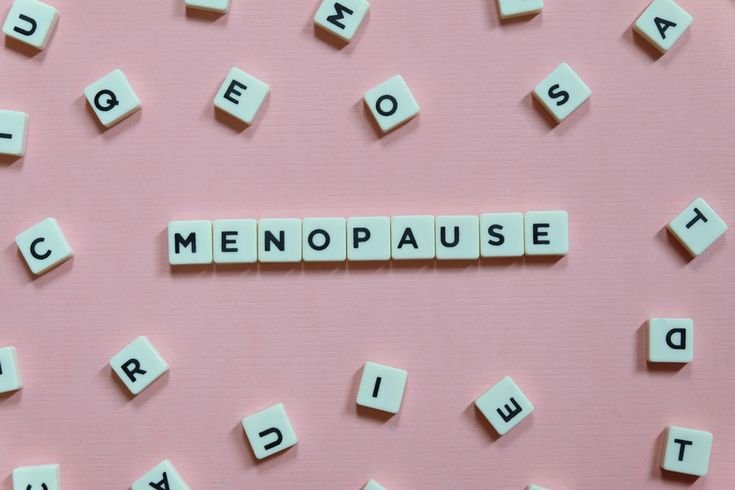Coping Strategies for Perimenopause and Menopause
Last September, I went to a workshop led by women’s health specialist Becca Hull, and wow—it was such an eye-opener. We talked about coping strategies for the symptoms that come with perimenopause and menopause, and it really hit home how much these changes can affect daily life.
What stood out most to me was how much Barre can be your best friend—not just now but forever. It’s like having a constant you can lean on through all of life’s milestones.
We chatted about five key areas that declining oestrogen impacts: sleep, stress & mood, exercise, diet & nutrition, and pelvic health. I’m not in this stage of life yet, but I’m surrounded by brilliant women who are, and I want to be part of the conversation that helps them feel more in control and supported.
Here’s a little breakdown of what we covered and some simple, practical tips to help:
1. Sleep
Sleep was a biggie. If you’re regularly waking between 2–3 a.m. and feeling like you haven’t hit “reset” by morning, it might be down to declining oestrogen. This affects your ability to get that all-important deep sleep—when your body restores itself and clears out toxins.
What can help:
Build a wind-down routine: less phone time, a good book, a calming meditation, or a hot bath.
Magnesium supplements can work wonders for sleep and anxiety—who knew?
If you’re curious about your sleep patterns, something like an Oura Ring can give you insights into how much deep and REM sleep you’re getting.
2. Diet & Nutrition
Here’s something I didn’t know: oestrogen plays a big role in metabolism and hunger signals. When it dips, your body can go into “starvation mode,” which often leads to fat storage around the abdomen to protect vital organs. This might explain why weight gain feels so stubborn at this stage, even when you’re eating well.
What can help:
Focus on balanced meals with plenty of protein, fibre, and healthy fats.
Stay hydrated! Even mild dehydration can make brain fog worse. Adding a rehydration sachet or coconut water to your day can make a big difference.
3. Stress
Stress came up a lot. Whether it’s emotional (anxiety, feeling overwhelmed), physical (overtraining, a busy schedule), or chemical (processed foods), it all adds up and can make symptoms harder to manage.
What can help:
Prioritize what you can control: better sleep, hydration, and balanced nutrition.
Take time for yourself—whether that’s breathwork, a low-impact workout, or even just a big hug (physical touch is magic).
Don’t be afraid to ask for help from loved ones or professionals.
4. Exercise
Here’s a sobering stat: we reach our peak bone density and muscle mass by age 40, and after that, it starts to decline. During perimenopause, bone density can drop by up to 10%, and muscle mass by 3–8% per decade thereafter. But the good news? Resistance training can help slow that down a lot.
What can help:
Aim for 2 resistance-focused sessions a week using bodyweight, resistance bands, or dumbbells.
Find something you enjoy—whether it’s at home, in a group, or on your own. The key is consistency!
Adding coordination-based exercises (hello, Barre!) can also sharpen your mind-body connection and help clear some of that brain fog.
5. Pelvic Health
This one’s important. Declining oestrogen can weaken your pelvic floor, which might lead to issues like leaking or prolapse.
What can help:
Include pelvic floor exercises in your routine (there are so many great resources out there).
Pay attention to what feels normal for you, and don’t hesitate to see a pelvic health physio if something feels off.
I know this can feel like a lot, but even small steps can make a big difference. Start with one or two habits that feel doable and build from there. A weekly fitness and meal planner can be a game-changer for keeping things simple and manageable.
Remember, this stage of life doesn’t have to feel overwhelming—you’ve got this. And if Barre is part of your journey, I’ll be cheering you on every step of the way ☺️
Find out more about Becca here;
